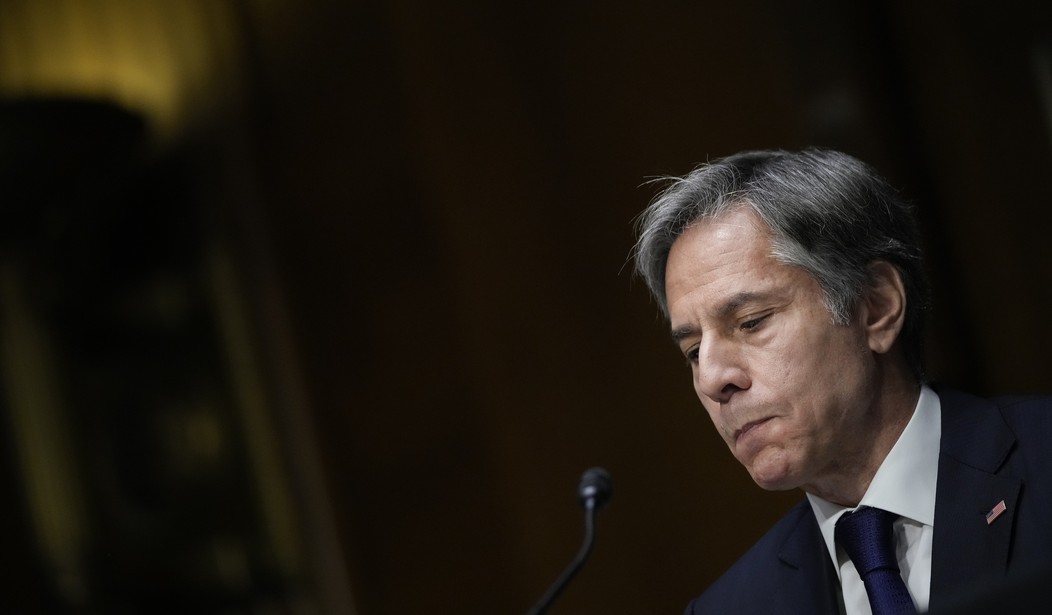Secretary of State Antony Blinken has issued a dire warning about the increasingly volatile situation in the Middle East.
Speaking to reporters on Monday, Blinken said that the Middle East is facing its most "dangerous' conditions since at least 1973, amid reports that the Biden administration is considering a military response to an attack by Iranian proxy forces that killed three service members this weekend.
“This is an incredibly volatile time in the Middle East,” Blinken said at a press conference alongside NATO Secretary-General Jens Stoltenberg. “I would argue that we’ve not seen a situation as dangerous as the one we’re facing now across the region since at least 1973, and arguably even before that."
“We will respond," he continued. "And that response could be multi-leveled, come in stages, and be sustained over time."
Blinken's comments underscore the severity of the situation. Since 1973, the Middle East has seen numerous major conflicts, including the Iran-Iraq War, the Gulf War, the U.S. invasion of Iraq, the Arab Spring, the Syrian Civil War, and the ongoing Israeli-Palestinian conflict.
The latest attack took place on Sunday after the U.S. military failed to intercept the enemy drone on Sunday because it was mistaken for an American drone approaching a base near Jordan's border with Syria at the same time, according to a statement made by a U.S. official on Monday.
The attack marked the first instance of U.S. troops being killed since Hamas launched their attack on Israel last October, increasing pressure on Joe Biden to respond with a show of force.
Meanwhile, National Security Council spokesperson John Kirby said in an interview with CBS on Monday morning that the U.S. is planning some form of retaliation but would not be drawn on the details.
"We are not interested in a broader conflict in the region; we're not looking for another war, but we absolutely will do what we have to do to protect ourselves," Kirby said.
He continued:
The president has added force capability to the Middle East. I don't have any force posture changes to announce today, but I can assure you that he'll make the decisions as commander in chief as appropriate, to make sure we can continue to defend ourselves.
I would tell you that we are certainly mindful of the destabilizing behavior in actions of Iran, the way they support these groups, these militia groups, Syria, the maritime attacks that they're permitting by the Houthis,/ We're mindful of the destabilizing behavior and the influence that they have in the region.
According to a report from Politico, current options being drawn up by the Pentagon include striking Iranian personnel in Syria or Iraq and or Iranian naval assets in the Persian Gulf.
Whatever happens, the crisis in the Middle East will inevitably define his record as a president. Should Biden make it to the November election, historians may look back at this crisis as a pivotal moment in his bid for a second term.
Yet given his unfortunate record so far, most notably the botched withdrawal of American troops in Afghanistan, anyone hoping for a foreign policy masterclass from the 81-year-old Democrat would probably be wise to lower their expectations.















Join the conversation as a VIP Member